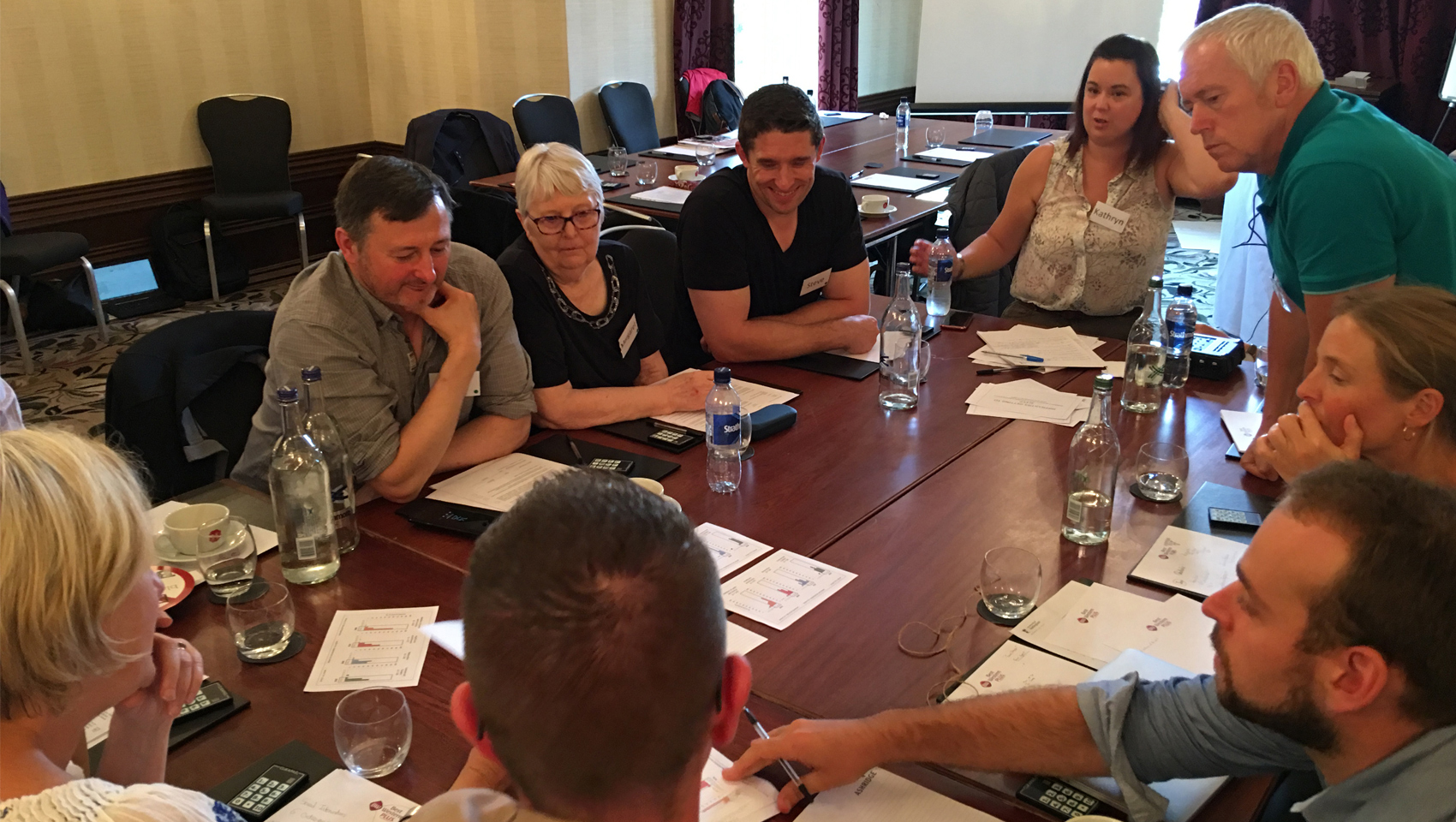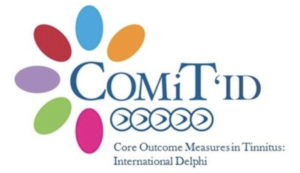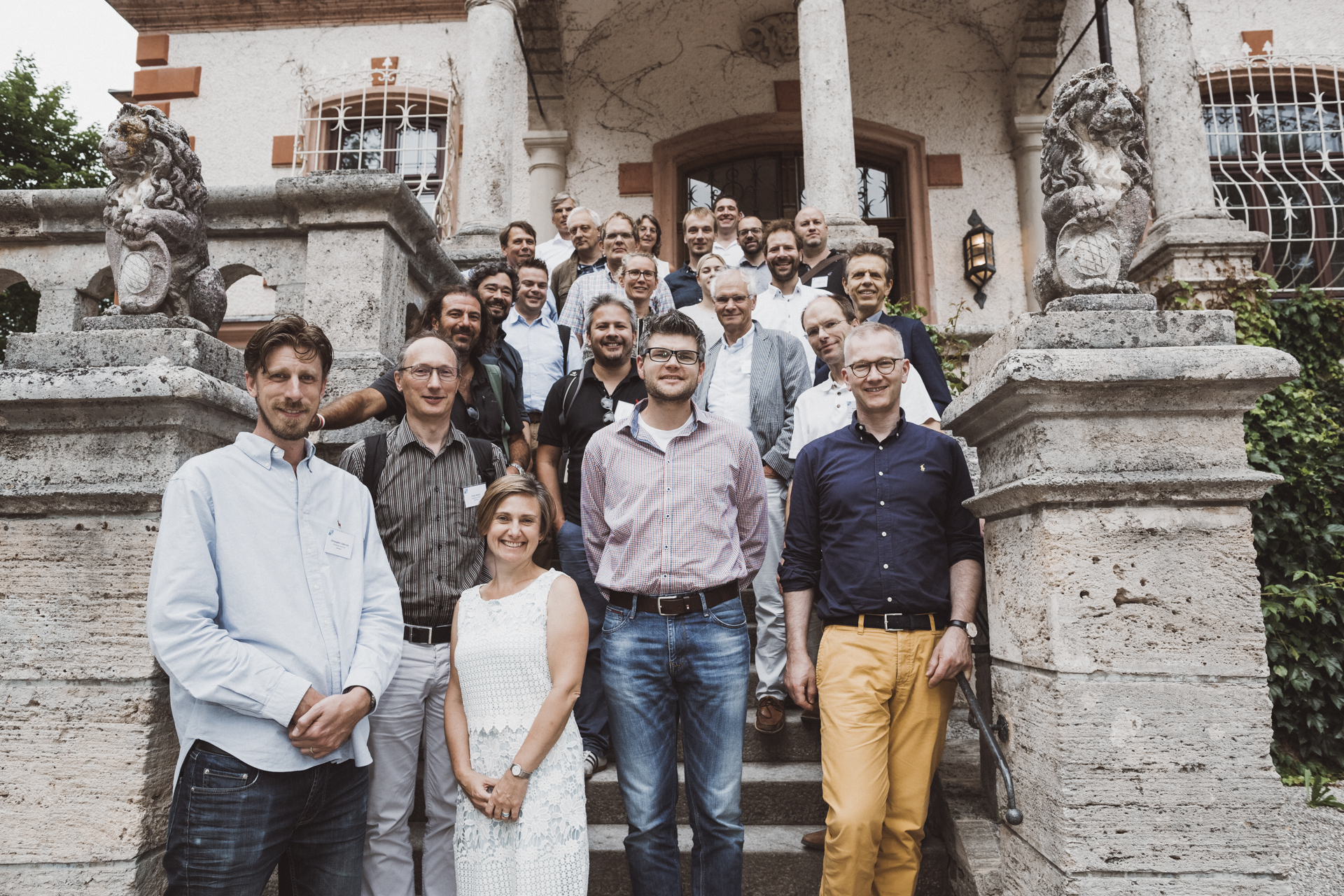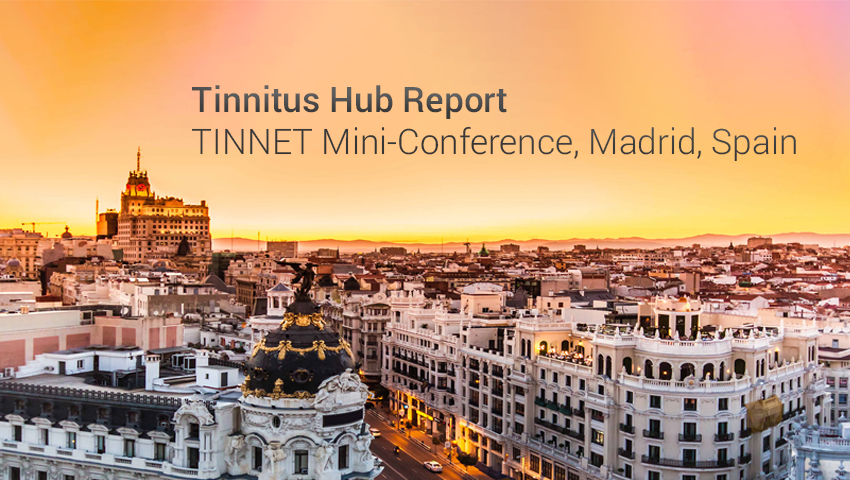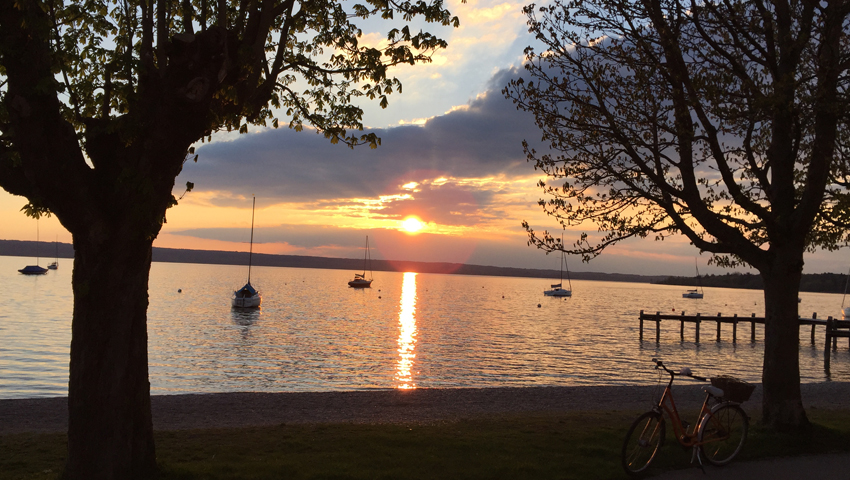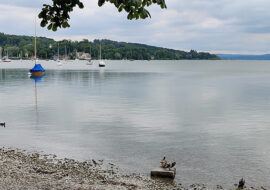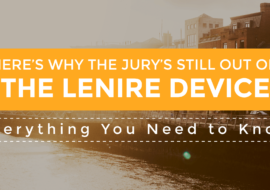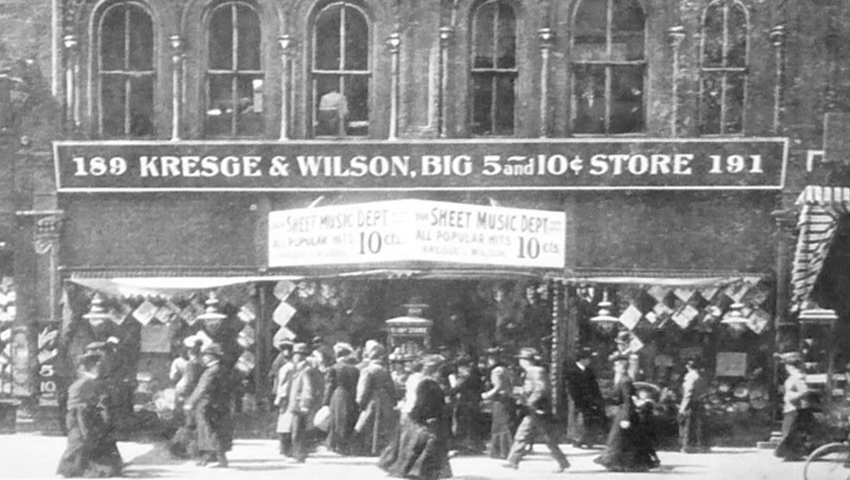
Remembering Sebastian Kresge
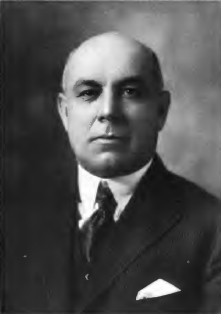 Sebastian Spering Kresge, best known as the founder of the Kmart department store chain. What is less known about this remarkable man is that he contributed greatly to the science of hearing. Founded in 1924, the Kresge foundation has funded the establishment of not one but two hearing research laboratories and one institute.
Sebastian Spering Kresge, best known as the founder of the Kmart department store chain. What is less known about this remarkable man is that he contributed greatly to the science of hearing. Founded in 1924, the Kresge foundation has funded the establishment of not one but two hearing research laboratories and one institute.
- In 1960, Kresge Hearing Research Institute at the University of Michigan in Ann Arbor, Michigan.
- In 1966, Kresge Hearing Research Laboratory at the Oregon Health & Science University in Portland, Oregon.
- In 1967, Kresge Hearing Research Laboratory at the Louisiana State University Health Sciences Center in New Orleans, Louisiana.
Read more

